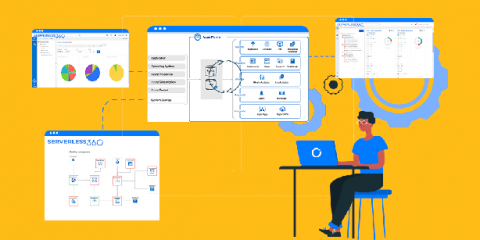Introduction to Azure Service Bus | Serverless360
We are back with a discussion on Azure Service Bus, the most popular messaging service from Microsoft Azure. In this video, we throw light on the Queues and Topics, along with guidance on choosing the right service for your business scenario. Also, discover the significance of topic subscription rules using Serverless360.











